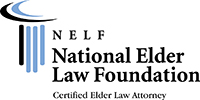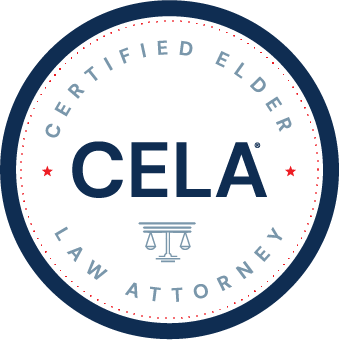The Colorado Court of Appeals rules that written notice of an estate recovery claim was fatally defective because it failed to properly instruct the estate's personal representative about alerting affected individuals regarding their right to a hardship waiver. In the Matter of the Estate of Schiola(Col. Ct. App., No. 01CA1255, May 23, 2002).
Following the death of Rocco A. Schiola, the Colorado Department of Health Care Policy and Financing filed a claim against Mr. Schiola’’s estate to recover Medicaid benefits paid on his behalf. The Department sent a Notice of Estate Claim to the attorney who represented the estate’s personal representative. The personal representative moved to dismiss, alleging that by notifying only the representative the Department failed to give the heirs notice of their right to apply for a hardship waiver of the claim and that the Department's procedures failed to provide an administrative hearing on an application for waiver. The probate court granted the motion, finding that notice to the personal representative was not sufficient compliance with the federal regulation requiring notice to the individuals affected. The Department appealed.
The Colorado Court of Appeals holds that the Department properly served notice on the personal representative, but affirms the order because the written notice was defective. Noting that Section 3810(D) of the state Medicaid Manual requires advance notice to affected individuals of their right to apply for a hardship waiver, the court rules that the Department’s notice did not inform the personal representative that it was the heirs or other affected individuals who had the right to apply for the hardship waiver, and it failed to direct the personal representative to give the notice to those individuals. Because the court’s holding resolves the appeal, it does not consider whether the Department must provide an administrative hearing on applications for hardship waivers.












